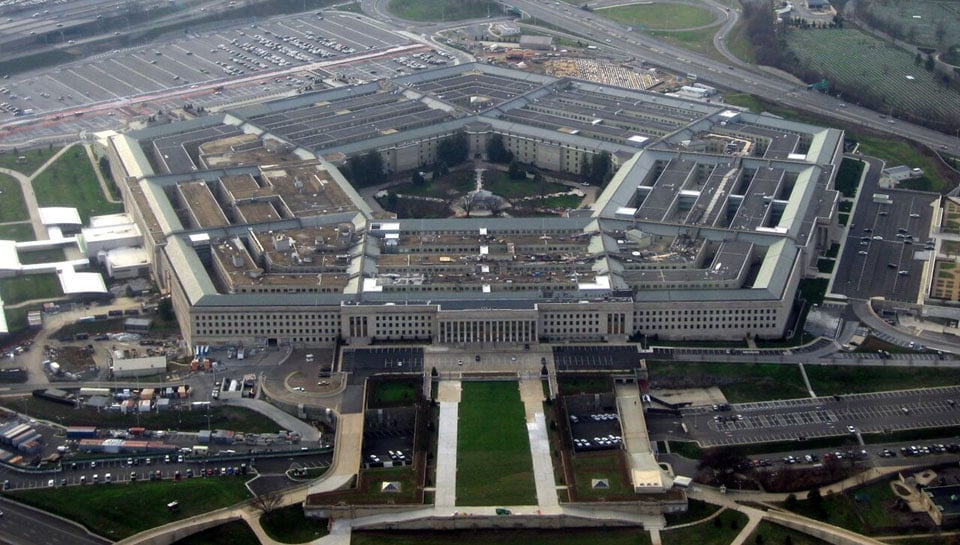
WASHINGTON: A top critic of the Pentagon’s long-embattled 2019 single-source enterprise cloud computing contract believes the Defense Department is “moving in the right direction” with today’s announcement that it’s issuing a new multi-cloud, multi-vendor request for proposal (RFP) in October.
The Joint Enterprise Defense Infrastructure (JEDI) RFP is being canceled, Acting DoD CIO John Sherman said, and the contract is being terminated. A new solicitation, dubbed the Joint Warfighter Cloud Capability (JWCC), will replace JEDI.
Sherman said the decision reflects the fact that “[The DoD] landscape has evolved,” and JEDI no longer meets the department’s requirements.
“They seem be moving in the right direction,” longtime SASC acquisition expert Bill Greenwalt said of the move to a multi-vendor indefinite delivery indefinite quantity (IDIQ) contract. “It sounds like they’ve learned [from JEDI]. The idea has been there for years.” In previous interviews with and articles for Breaking Defense, Greenwalt sharply criticized the Pentagon’s approach to IT acquisition, generally, and JEDI, specifically.
While the Pentagon currently has 13 fit-for-purpose clouds, including milCloud 2.0, none meet the technical requirements for a DoD enterprise cloud, Sherman said in today’s briefing with reporters. Enterprise cloud includes capabilities across classification levels (unclassified, secret, top secret), integrated cross-domain solutions, global availability to the tactical edge, and enhanced cybersecurity.
The JEDI contract was estimated to be worth approximately $10 billion over 10 years. Sherman said JWCC will also be worth billions, but declined to provide a specific number today.
As Breaking D readers know, JEDI was awarded to Microsoft in October 2019, but the acquisition process has been mired in legal disputes, first from Oracle prior to contract award and then from Amazon Web Services (AWS) following the contract award.
These disputes have caused widespread delays in developing and delivering the types of enterprise cloud capabilities needed to support important DoD initiatives, such as Joint All Domain Command and Control (JADC2) and Artificial Intelligence and Data Acceleration (ADA).
Sherman said Microsoft and AWS will likely be invited to bid on JWCC, and DoD will also look at the capabilities of other US-based cloud service providers, such as Google, IBM, and Oracle. Sherman said if these vendors — as well as any other US-based “hyperscale” providers — can meet DoD’s enterprise cloud computing requirements, they too could be invited to bid on JWCC.
Greenwalt said the apparent lessens learned from JEDI entail inviting in multiple vendors, which gives DoD choices over time, access to the newest technological capabilities, and reduces the likelihood of timely and costly contract protests, as happened with JEDI. “To me, this has always been the way to do IT,” Greenwalt said. “Get the entire qualified US industrial base involved and have smaller awards until you figure out what you want to do.”
This is precisely the direction DoD seems to be moving with JWCC. “A single vendor cloud does not meet our requirements,” Sherman said.
As for the path forward, Sherman said direct awards for the October RFP will be announced in April 2022. JWCC contracts will not exceed five years, with a three-year base and two one-year optional extensions. Under the IDIQ, all qualified vendors will then compete for work on a task-order basis.
“What we’ve laid out here is a clear path to meet the mission needs of our warfighters,” Sherman said. “We’re determined to get there. Every day this waits is a day too long.”






















